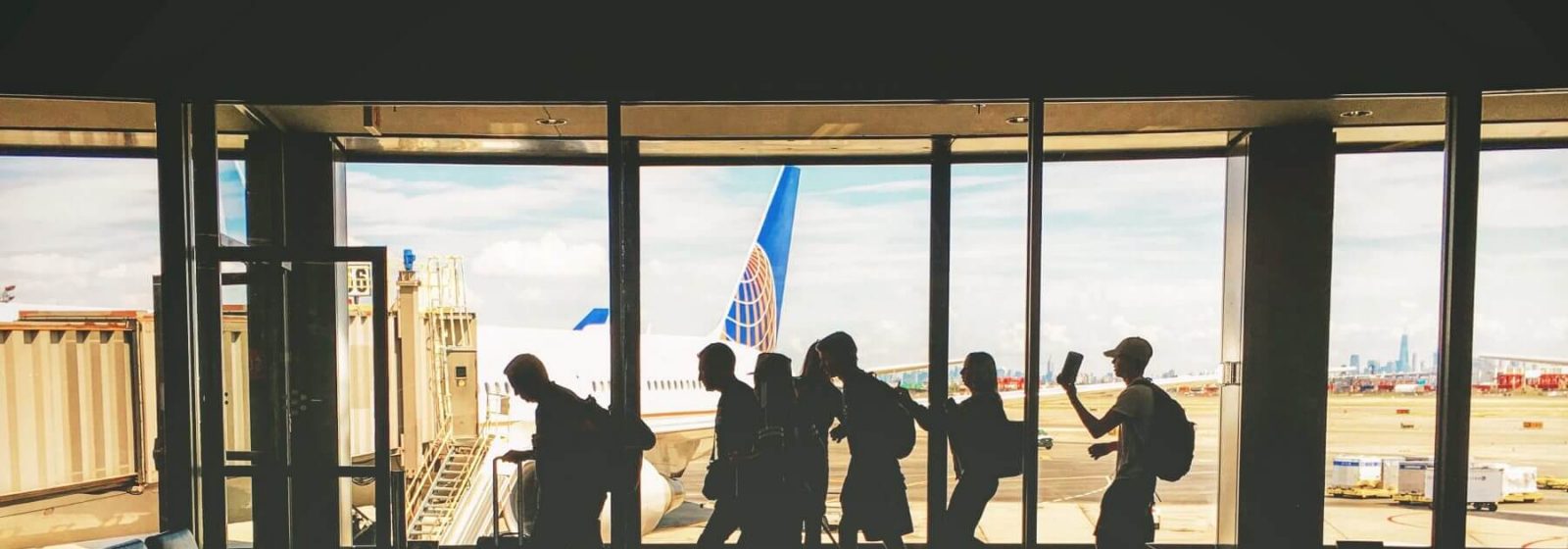How to Debrief Your Summer Mission Trip
A mission trip can be a big experience in a student’s life. I specifically remember coming home from my first ever LeaderTreks Trip as an eighth grade student, and I felt like I would never be the same.
For many students it’s the first time they’ve witnessed a life unlike their own, and for others it’s the first mountain top experience they’ve had with the Lord. Students tend to return home with a new level of excitement about following Jesus or caring for the least, but very few will resist the temptation to fall back into old ways and old habits.
It shouldn’t surprise us that students struggle to translate their mission trip into every day life, but it should inspire us to help them understand and apply their experience. That’s the goal of debriefing: to help students understand what God was doing on the trip and how it affects their lives moving forward.
“It shouldn’t surprise us that students struggle to translate their mission trip into every day life, but it should inspire us to help them understand and apply their experience.”
Here are three suggestions for debriefing this year’s summer mission trip:
1. Set aside specific times for debriefing
Before we can debrief the trip, we need to create a space to do so. Make a plan in advance for a series of post-trip meetings. Post-trip meetings keep students in close proximity to their teammates. These are the individuals who will best understand and relate to a student’s experience coming back home, and they are the group that is most likely to hold a student accountable to living out action steps that he or she made during the trip.
It’s also smart to ask your mentors and small group leaders to schedule one-on-one meetings with students soon after the trip is over. And be sure to get parents involved with ways to help their children process the trip as a whole. When we set aside specific times for debriefing, we can keep students from the dangers of isolation and maintain a high level of connectedness during what can be a very challenging transition.
2. Get students talking about the trip
We set aside time to meet so that we can get students talking and keep them talking. Have students discuss every facet of the experience—from the strange foods they ate to the lessons they learned—otherwise they may quickly lose sight of what’s just taken place.
As students talk, it’s our job to help them identify and summarize what God was teaching them and encourage them to share their story with others. Many youth workers I know take an opportunity during post-trip meetings to have their students practice telling the story of their trip.
Open conversations also afford us the opportunity to talk about the challenges students will face in “reentry” so that they are not completely caught off guard when following Jesus doesn’t come as easily as it did on the mission trip.
3. Help students apply what they learned
A fundamental part of debriefing is helping students go from a week on a mission trip to living life on a mission. Most students will need our help see that they can still study God’s Word, find opportunities to serve, and stay connected to their team even after the mission trip. And based on our in depth conversations about their experiences, we can help them continue with more specific life applications.
Say a student discovered a love for serving kids while on the mission trip; you could encourage them to get plugged in to the children’s ministry at church. Or say a student developed a great relationship with a younger student on the team; you might challenge them to continue that mentoring relationship through the next school year. Specific life applications aren’t a guarantee that students won’t fall back into old habits, but they do provide students a clear path to living differently back at home.
Debriefing the trip requires us to set time aside, prompt students to process, and help students translate their experience into real life applications. It’s not a challenging task, but it is one that will cost us time and energy, particularly in the first three or four weeks following a trip.
When students come home, they’re likely to think that the hard work is over, and while that may be true for them, it’s certainly not the case for us. For us, the real work is just beginning!
Download our free Mission Trip Post-Trip Devotional

About the Author
Taryn Phiri
Taryn Phiri grew up in various states across the East Coast and the Midwest, but now she and her husband, Jerry, are happy to call Glendale Heights, IL their home. After studying International Development at Calvin College in Grand Rapids, MI, Taryn served at LeaderTreks for many years as a trip leader and training coordinator…. Read More


